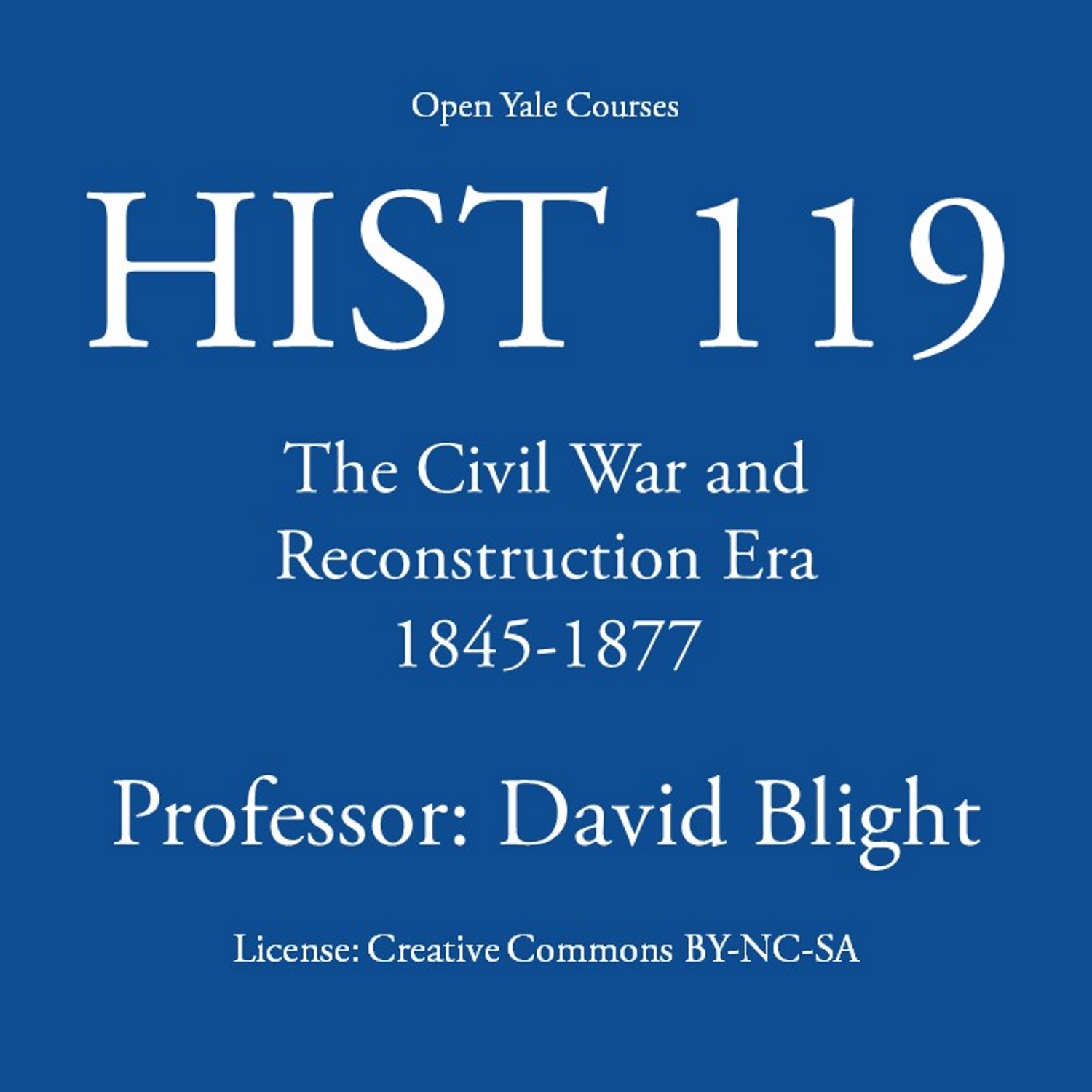Lecture 11 - Slavery and State Rights, Economies and Ways of Life: What Caused the Civil War?
Description
Professor Blight begins this lecture with an attempt to answer the question "why did the South secede in 1861?" Blight offers five possible answers to this question: preservation of slavery, "the fear thesis," southern nationalism, the "agrarian thesis," and the "honor thesis." After laying out the roots of secession, Blight focuses on the historical profession, suggesting some of the ways in which historians have attempted to explain the coming of the Civil War. Blight begins with James Ford Rhodes, a highly influential amateur historian in the late nineteenth century, and then introduces Charles and Mary Beard, whose economic interpretations of the Civil War had their heyday in the 1920s and 1930s. Transcript Lecture Page
More Episodes
Professor Blight finishes his lecture series with a discussion of the legacies of the Civil War. Since the nineteenth century, Blight suggests, there have been three predominant strains of Civil War memory, which Blight defines as reconciliationist, white supremacist, and emancipationist. The war...
Published 08/25/17
Published 08/25/17
Having dealt with the role of violence and the Supreme Court in bringing about the end of Reconstruction in his last lecture, Professor Blight now turns to the role of national electoral politics, focusing in particular on the off-year Congressional election of 1874 and the Presidential election...
Published 08/25/17


